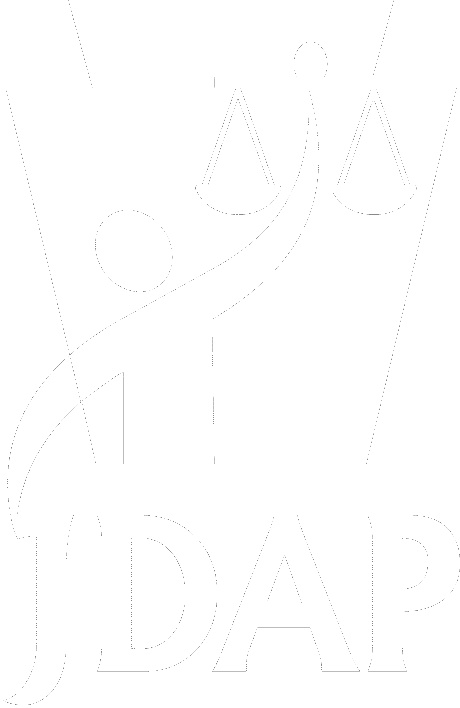IN A NATION THAT IS BASED ON NOTIONS OF FAIRNESS AND EQUALITY…
The realization that our laws and justice system are often administered in a way that has a disproportionately harsh impact on youth of color is extremely troubling.
In 1986, Pennsylvania identified that this disproportionate treatment of youth of color was an issue that required immediate action.
By 1987, the Pennsylvania Commission on Crime and Delinquency (PCCD) began funding a series of activities in an effort to decrease racial and ethnic disparities in its juvenile justice system.
In 1988, Congress included in the Juvenile Justice and Delinquency Prevention Act (JJDPA), a mandate that states receiving federal formula one grant through the Office of Juvenile Justice and Delinquency Prevention (OJJDP) address Disproportionate Minority Confinement (DMC). The initial focus was addressing the disproportionate number of youth of color in secure facilities.
In 2002, the initial Disproportionate Minority Confinement focus is expanded by Congress to include Disproportionate Minority Contact (DMC). States must address the over-representation of youth color at each key stage of the juvenile justice process.
In 2003, the first Pennsylvania Minority Youth/ Law Enforcement forum was held in Philadelphia which…
Brought officers and minority youth together to talk frankly and openly about the problems on the street and the troubled relationships between the two groups.
Jurisdictions across Pennsylvania developed forums…
To improve relationships between officers, youth, and their communities.
In 2010, The Pennsylvania DMC Youth/ Law Enforcement Corporation, a 501(c)(3) non-profit organization, was formed to expand the forums and the related Pennsylvania DMC Youth/ Law Enforcement Curriculum to additional jurisdictions in Pennsylvania and throughout the United States.
By opening a dialogue, our hope is to reduce the number of volatile interactions between youth and officers on the street, to decrease arrests of minority youth and to diminish the chance of injuries to officers and youth on the street.
Our forums provide an opportunity for both youth and officers to be heard and to consider each other's views without endorsing either side as completely right or wrong. Discussions between the young people and officers who have participated on the panels have often become quite heated.
These frank exchanges have led to more in-depth discussions about balancing the need for police to investigate crime safely with the desires of young people to live in their community without being harassed.
At the end of each forum, both officers and youth have said that they have developed a new understanding of each other. Of greater importance, both officers and youth have indicated that they might react differently to situations on the street as a result of the forums.
We used these initial discussions to develop a series of policy recommendations designed to change the system. One of the primary recommendations was the creation of a training program for officers relating to youth development and culture.
For more information about resources to reduce DMC throughout the Commonwealth, please visit: https://penndmc.org/
